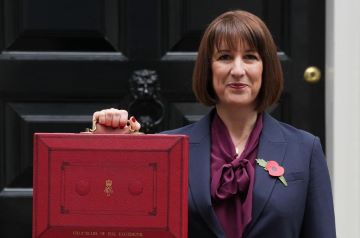
Caron Bradshaw OBE, CEO, CFG, comments:
“Before her first budget and spending review, Chancellor Rachel Reeves strongly emphasised that tough choices would be made. Those difficult choices have been set out today and many within the charity sector will now be facing similarly difficult decisions.
"While the increase in National Living and National Minimum Wages will be welcomed by most, when coupled with an increase in Employer NICs, these rises will put significant financial pressure on many charities. Charity leaders will be looking at this budget and asking themselves what they can do to keep the doors open to the people and communities they serve.
“The financial pressures and demands on the sector have long been documented. However, there was nothing in the budget that will directly support its financial sustainability. It is positive that the Chancellor has recognised that longer-term thinking and planning is needed but, in the immediate and short term, the sustainability of many charitable organisations remains a very real concern.
“With operating costs – especially around staff – rising sharply, and no evidence that the government’s investments will reduce the demand and pressure on charities any time soon, many charity leaders will be left wondering how to balance their own budgets whilst continuing to support those who rely on them.
“If there’s a bright spot to be found, it’s that we sense the new government and the charity sector are now starting to speak the same language. Despite the £22bn ‘blackhole’ legacy the Chancellor said was left by the previous government, this budget goes some way towards plugging the enormous gaps in public services and local government funding.
“We welcome, for example, the £11.2bn increased investment in education, including £1bn for special educational needs, and £22.6bn for the NHS. We also welcome the £26m investment in new mental health crisis centres, £233m to prevent homelessness, and the support for retail, hospitality and leisure organisations. We also appreciate the government’s support for veterans and Holocaust remembrance and education. We are keen for more details on the Social Impact Investment Vehicle.
“We believe more could be done, as we set out in our recent letter to the Chancellor, alongside our sector partners. We will continue to work with government officials and departments, to press for the sector’s ‘invest to save’ asks, to work effectively to improve the operational and regulatory environment, and to ensure that the relationship between government and the sector is reset, as set out in the recent launch of the Civil Society Covenant consultation.
“There are reasons to be hopeful, but for now many in the sector will be re-focusing on what they need to do to keep their organisations in operation, so they can continue to deliver public benefit and remain financially sustainable."
« Back to all news